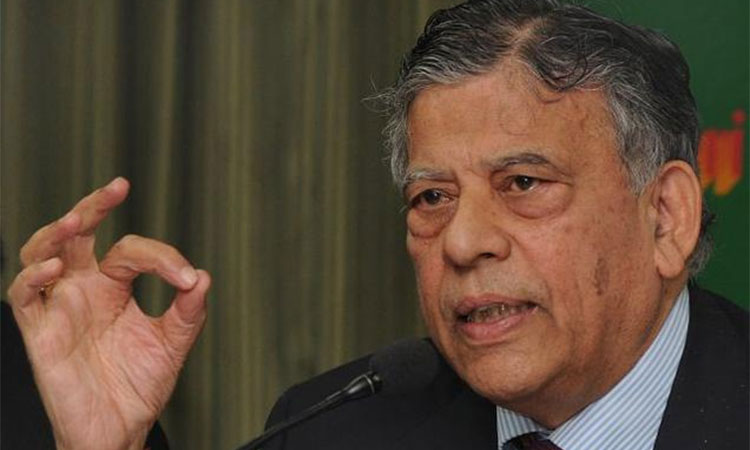
The Indian economist and currently chairperson of the Forum of Federations, Mr. Vijay Kelkar believes that the introduction of Goods and Services Tax (GST) will play an important role to push the economic growth of India rapidly.
“The most important reform will be GST which will bring this country as one market. Launching of GST has taken us into next very rapid phase of growth.” Kelkar said.
Now comes to the side of benefits of GST, Goods and Services Tax is a beneficial new taxation regime for India. The bill will create a single market for a dozen states levies, by reforming the indirect taxes as Service Tax, VAT etc. Therefore, the extra taxation burden will be reduced. The bill was already passed in the Lok Sabha in May 2015. But it is currently stuck in the Rajya Sabha due objections of opposition parties.
Mr. Vijay Kelkar told, “Now we are undertaking third generation reforms which are more difficult including land, labour and capital. They are difficult ones. These are absolutely essential to take this economy on the next growth trajectory.”
He also said, “If we really want to be a knowledge economy then we have to reform the education sector. Unless we reform our higher education, India will miss the boat in terms of new knowledge economy.”
Recently, the NITI Aayog has suggested roadmap to allow foreign universities in the nation and to develop 10-20 world class institutions with academic autonomy.
Read Also: GST Benefits for Startups in India
“The 1991 reforms were essentially driven by crisis the country was facing. The crisis in terms of balance of payments. We did not have enough foreign exchange to meet our requirements. That triggered the reforms programme.” said Mr. Vijay Kilkar.
He further added, “No government went back on earlier government’s reforms which accumulated further. Thus, India got accelerated growth decade-after-decade post 1991 reforms.”
He also talked about the second wave of reforms as consensus-driven reforms that introduced by the Atal Bihari Vajpayee, who is former prime minister of India.